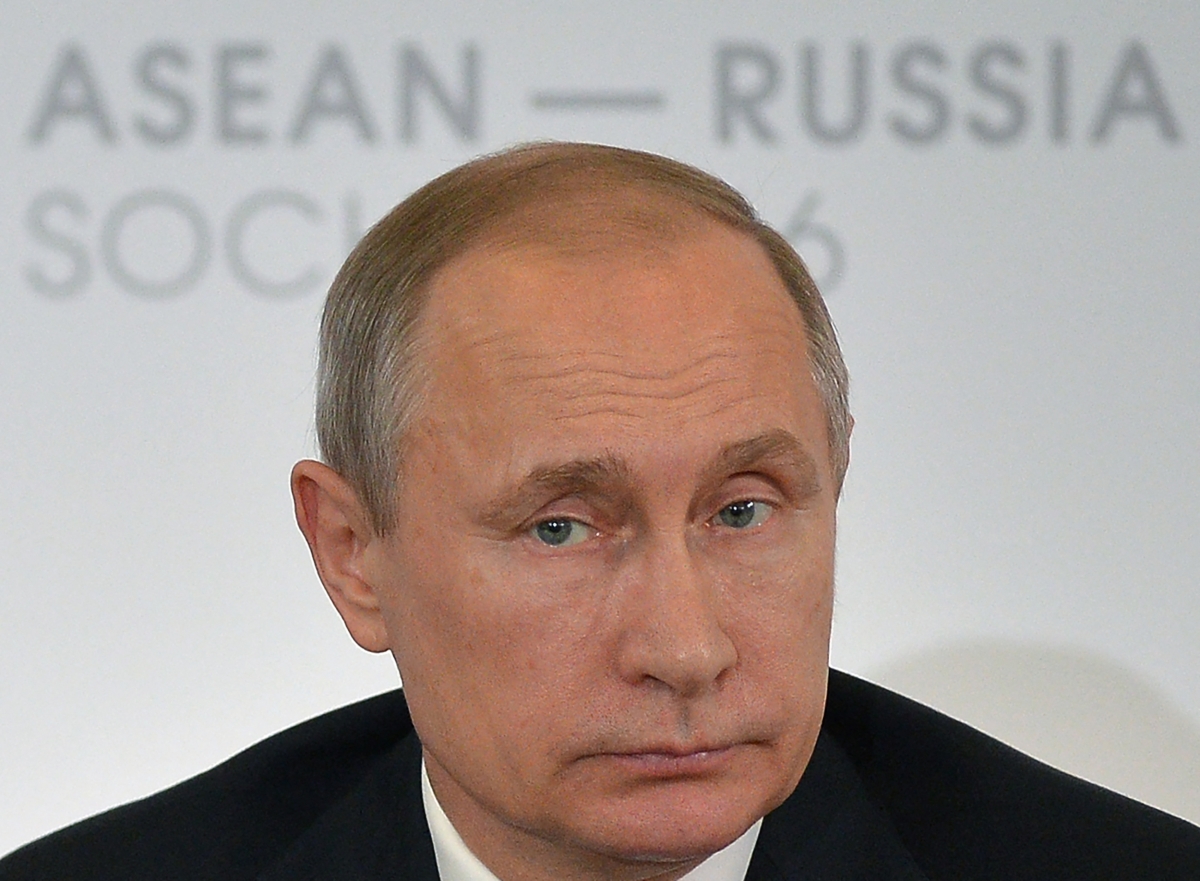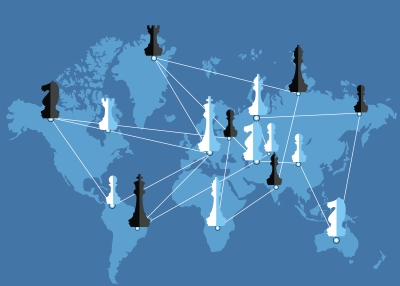ASPI Note: Southeast Asia and the Invasion of Ukraine

March 17th, 2022 by Richard Maude | 22/13
What’s Happening:
As Russia’s brutal invasion of Ukraine grinds on, Southeast Asian states have expressed concern about the violence and called for a ceasefire. But, with the exception of Singapore, most Southeast Asian states have preferred to keep as low a profile on the conflict as they can, neither directly criticizing Russia nor joining Western-led sanctions and export controls.
The Background:
Singapore has taken the strongest stand in Southeast Asia against Putin’s war, describing Russia’s actions as an “invasion” and a “clear and gross violation of international norms.” Singapore has rarely imposed sanctions or export restrictions in the absence of a UN Security Council resolution, but has done so in relation to Ukraine.
- No other Southeast Asian country has followed suit on sanctions.
- The Association of Southeast Asian Nations (ASEAN) has issued two statements on the war, calling for restraint by “all parties” and a peaceful settlement to the “military hostilities.” Neither statement names Russia nor describes the war in Ukraine as an invasion.
- Some regional countries have taken a clearer stand in the United Nations. Indonesia, the Philippines, Malaysia, Singapore, Brunei, Cambodia, and Thailand voted in favor of a March 2 UNGA resolution demanding that Russia immediately withdraw from Ukraine. Myanmar’s representative to the UN also voted in favor, but was appointed by the government overthrown in last year’s military coup. Vietnam and Laos abstained.
- At the national level, Southeast Asian government responses have varied but no other ASEAN country has come close to Singapore’s strategic and moral clarity. Indonesia’s foreign ministry, for example, described the war as “unacceptable” but did not name Russia. Malaysia has stuck to the ASEAN statement script. Philippines President Rodrigo Duterte has said his country will remain “neutral.” Vietnam has made little public comment. Myanmar’s military rulers backed Russia and blamed the war on Ukraine and the West.
Why the Muted Response?
Some Southeast Asian countries, such as Vietnam and Laos, have enduring links to Russia and the former Soviet Union. Russia is an important arms supplier to the region, especially to Vietnam. And the military junta in Myanmar quickly turned to Russia for support in the face of Western hostility to its brutal coup.
- As a bloc, ASEAN places an extremely high priority on its internal cohesion. The ASEAN approach to decision-making through “consensus” often leads to a lowest-denominator approach, including its position on global events.
- Most Southeast Asian governments appear to see the war in Ukraine as a distant crisis, one on which there is little incentive for the region to take a clear stand. Southeast Asia routinely clings to an “independent” or “neutral” position in world affairs to create diplomatic space for itself and to avoid such difficult choices.
- Public attitudes in Southeast Asia are also shaped by often deep ambivalence about the role of the United States, past and present, in world affairs. In the region’s Muslim countries, such as Indonesia, U.S. support for Ukraine is compared to its perceived lack of support for the Palestinian people. Russian propaganda conveyed on both old and new media therefore often finds a ready audience.
Key Takeaways:
The principles of sovereignty and territorial integrity are embedded in ASEAN’s foundational agreements. A “might is right” approach to the region from China would trample all over Southeast Asian national interests, and not just in the South China Sea. As a regional institution, ASEAN’s inability to exercise agency in this crisis makes it look less relevant than ever in a world undergoing fundamental change. For all the homage they pay to ASEAN centrality, the United States and its close partners increasingly are clustering together and working around the group.
Still, Western decision-makers should not expect ASEAN to eventually line up behind them, especially on sanctions and export controls. Some Southeast Asian leaders no doubt worry privately about the impact — economic and strategic — of the war on the region and what it might foretell about China’s future role. But history, disinterest in taking on Russia, and a strategic culture that seeks to avoid “taking sides,” even at the expense of ASEAN’s own principles, is likely to prevail.

